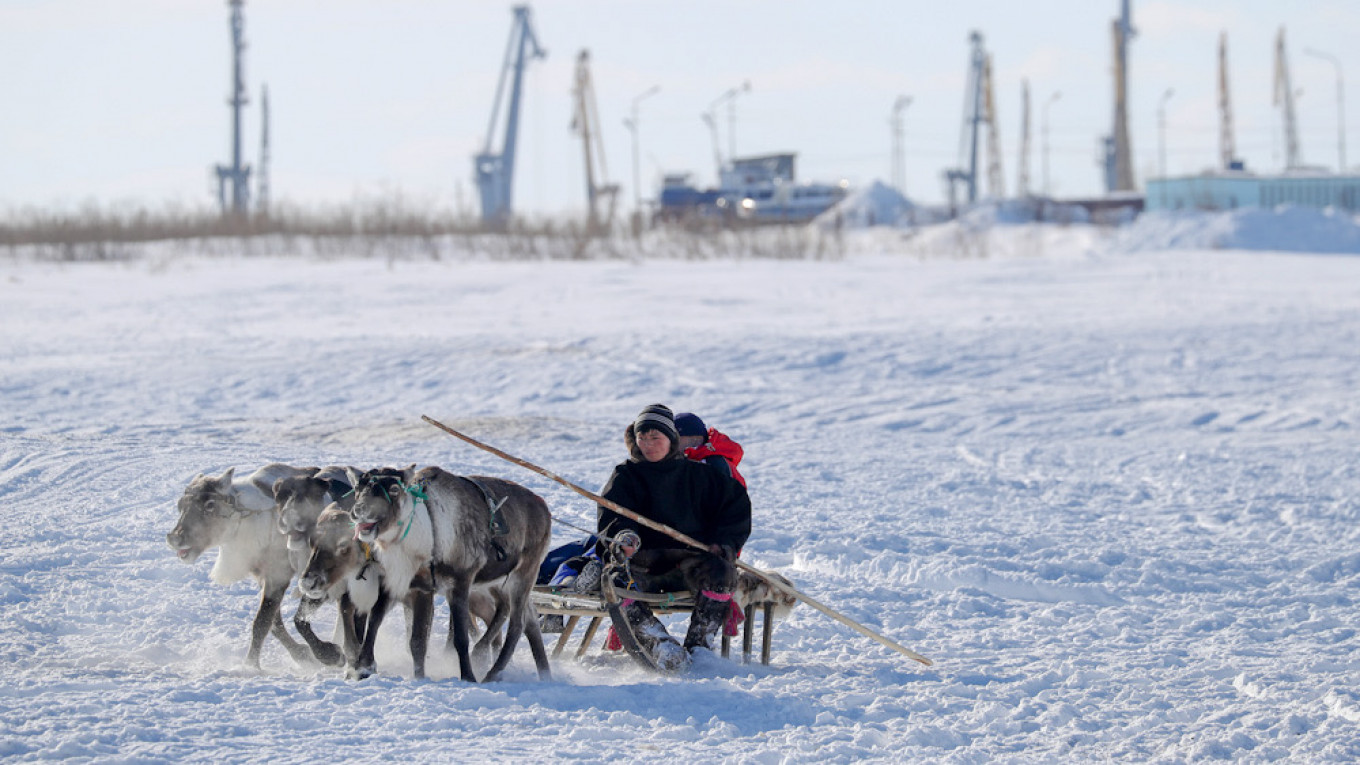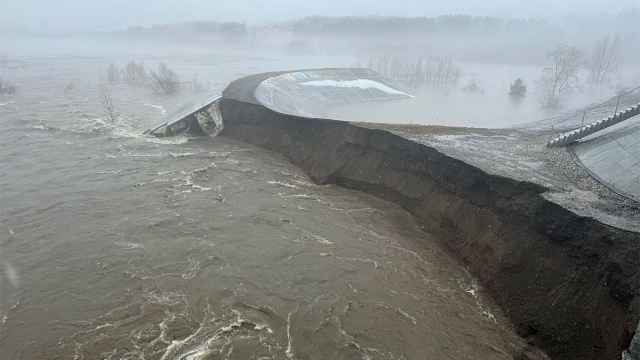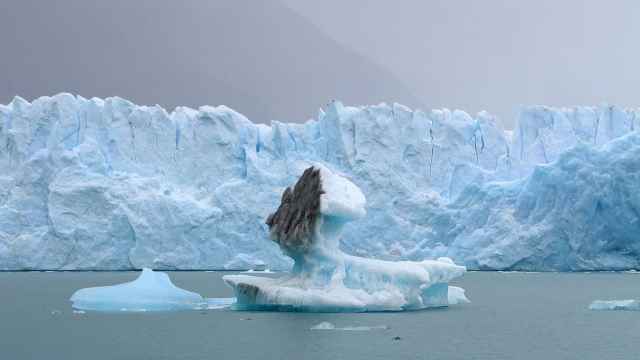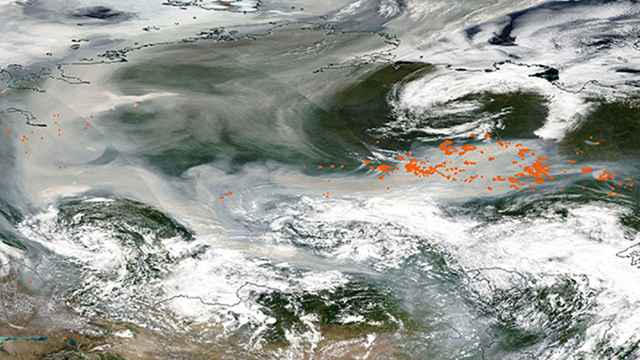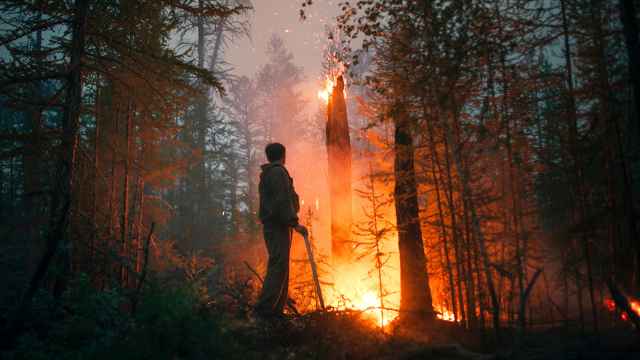Russia’s Arctic and Far North regions could become arable in as soon as 20 to 30 years as climate change accelerates permafrost melt, opening up vast swathes of land to agriculture, the country’s environment minister said Tuesday.
Some 60-65% of Russia’s territory is covered in permafrost, the upper layer of soil that stays frozen year-round. With Russia’s Arctic melting 2.5 times faster than the rest of the world, this soil has begun to melt, transforming the landscape and causing environmental disasters.
In an interview with the RBC news website, Natural Resources and Environment Minister Alexander Kozlov said the government needs to learn how to “manage what is currently happening” with these rapid ecological changes.
“All such regions realize what will happen to them in 20-30 years: They will cease to be a northern region and will suddenly become agricultural,” he told RBC.
Although climate change may make new land available for agriculture, it will also lead to a more “nervous climate” in which unstable weather conditions will become the norm, said Alexander Kokorin, a climate scientist from WWF Russia.
“Global warming isn’t some ‘monotonous gradual process, allowing pineapples to grow in Siberia.’ It is a combination of two or three dozen different effects,” Kokorin told the 19rus.info news website Tuesday.
Additionally, some of Russia’s traditionally arable lands are now experiencing desertification, which experts at the Institute of Geography also link to the climate crisis.
Kozlov himself named adaptation to climate change-related ecological shifts as one of three vital climate issues for the Russian government, along with following through on international climate pacts and protecting firms against foreign carbon taxes.
President Vladimir Putin has in the past downplayed the risks of climate change, remarking that global warming might not be that bad and Russians can benefit by spending less on fur coats. In recent years he has started calling for more decisive action against permafrost melt and other climate-related threats and he underlined the importance of international cooperation at an April climate summit.
A Message from The Moscow Times:
Dear readers,
We are facing unprecedented challenges. Russia's Prosecutor General's Office has designated The Moscow Times as an "undesirable" organization, criminalizing our work and putting our staff at risk of prosecution. This follows our earlier unjust labeling as a "foreign agent."
These actions are direct attempts to silence independent journalism in Russia. The authorities claim our work "discredits the decisions of the Russian leadership." We see things differently: we strive to provide accurate, unbiased reporting on Russia.
We, the journalists of The Moscow Times, refuse to be silenced. But to continue our work, we need your help.
Your support, no matter how small, makes a world of difference. If you can, please support us monthly starting from just $2. It's quick to set up, and every contribution makes a significant impact.
By supporting The Moscow Times, you're defending open, independent journalism in the face of repression. Thank you for standing with us.
Remind me later.


